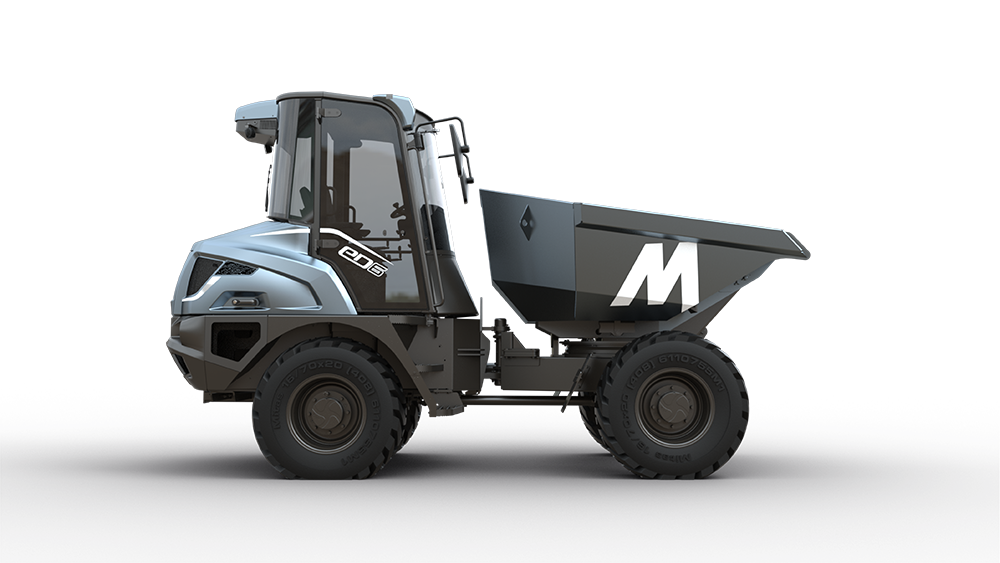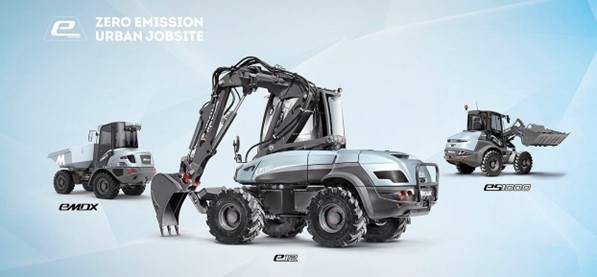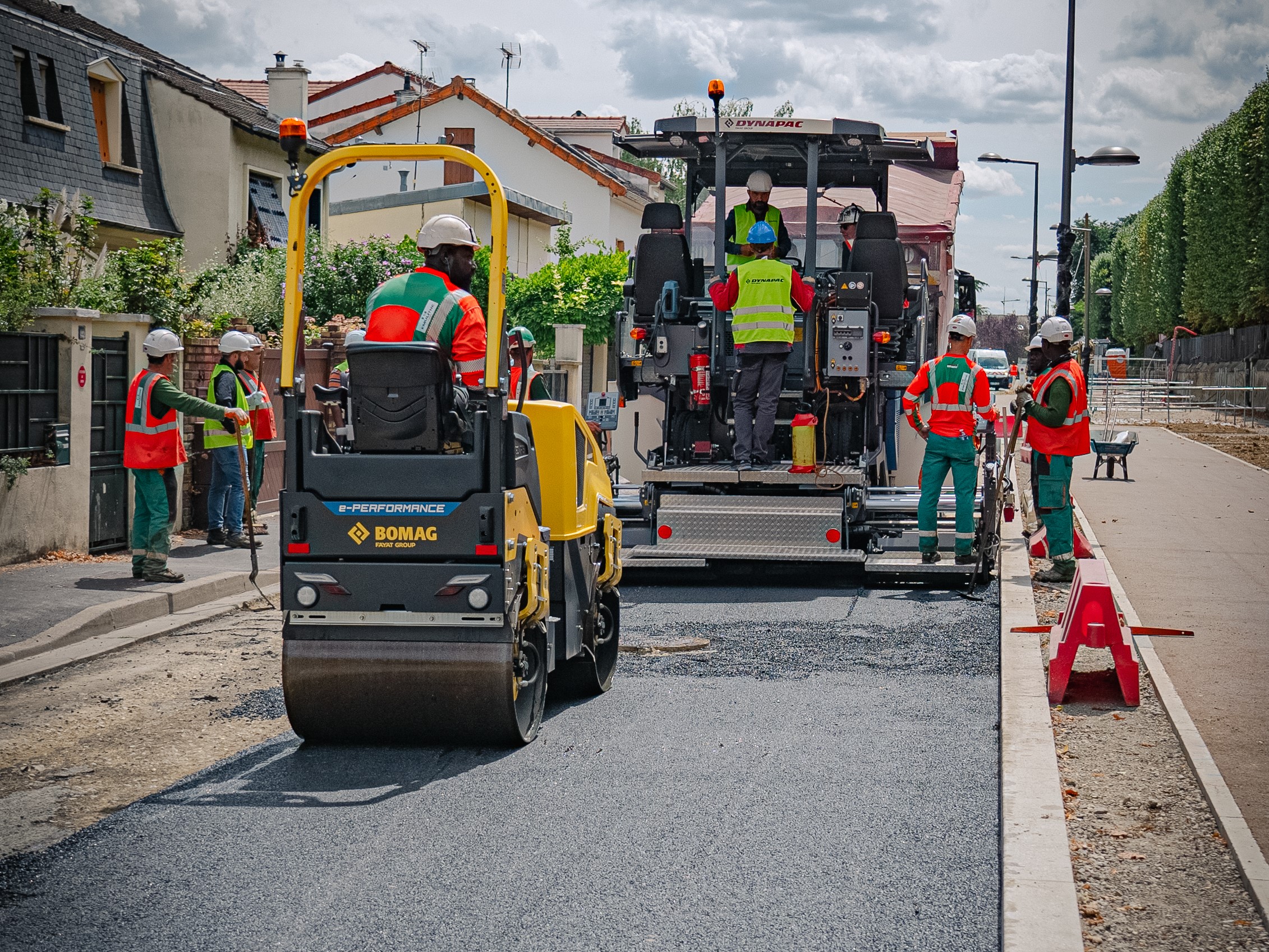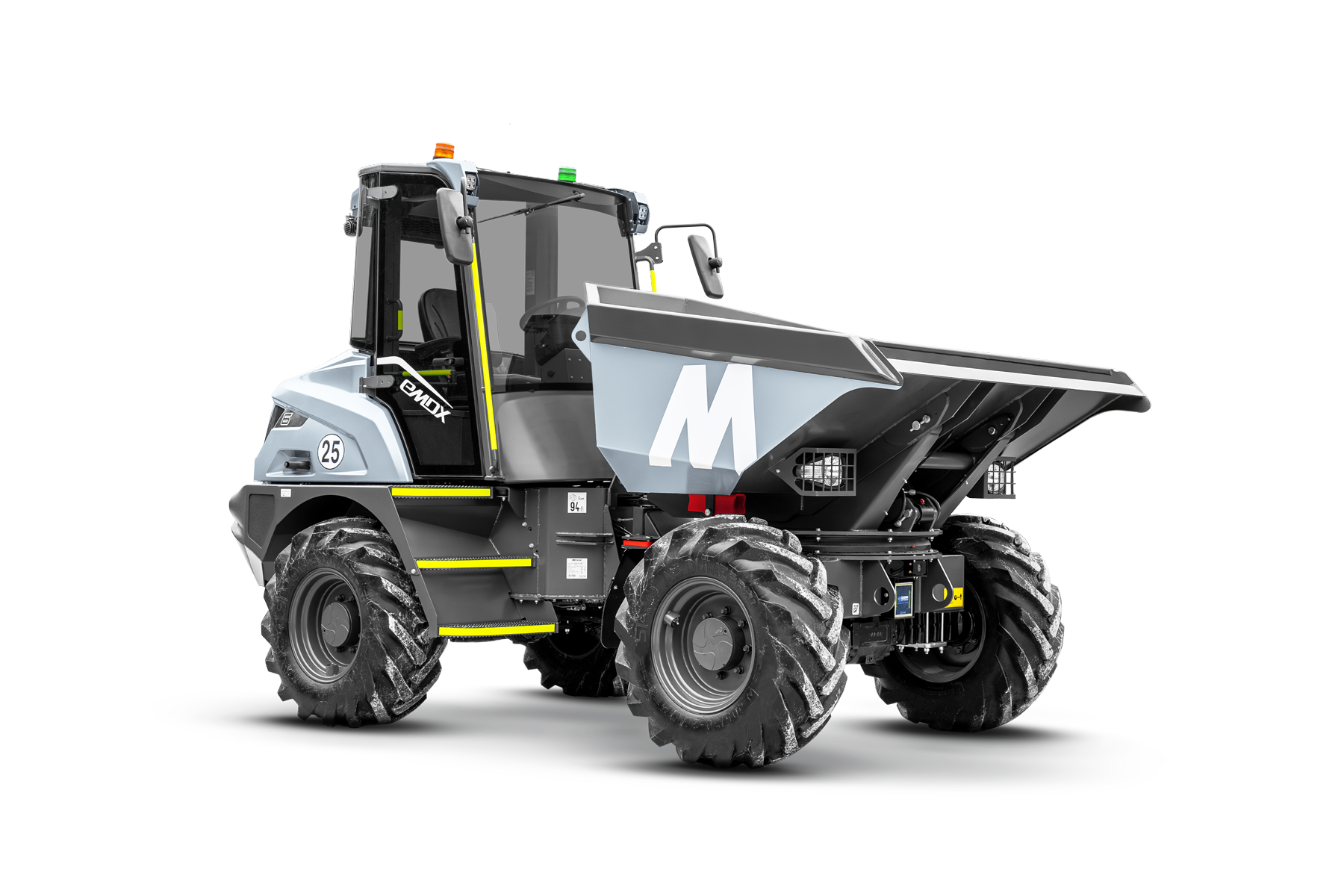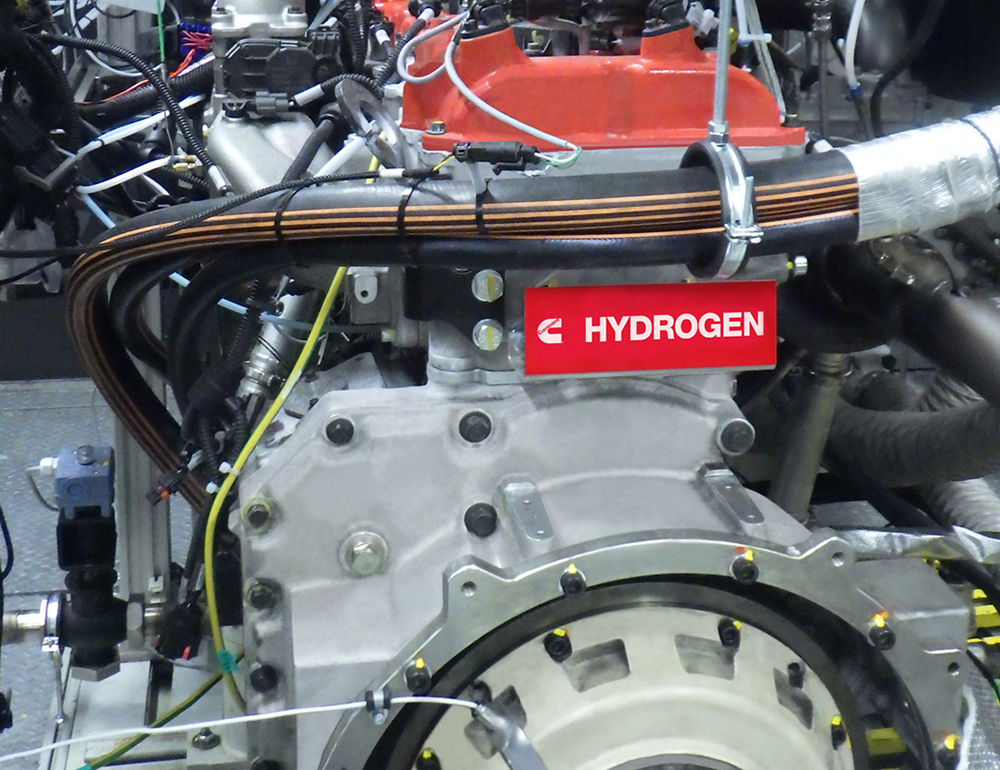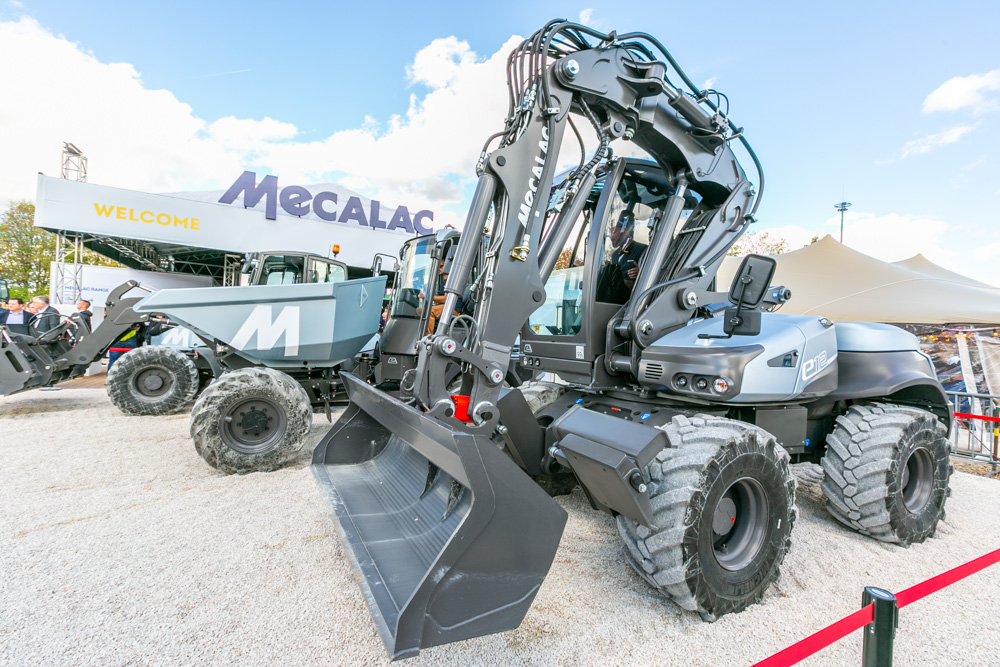
Mecalac says it is helping to revolutionise urban construction sites and paving the way for intelligent, clean and silent workplaces.
Climate change and the resulting need to reduce CO₂ emissions has become a major global challenge. In recent years, many construction equipment manufacturers have presented electrical products to limit CO₂ emissions.
However, Mecalac notes these alternatives only provide a partial answer, as the offer is currently mostly limited to small machines - such as 1.5-ton mini-excavators - that tend to only assist larger, diesel-powered machines.
Mecalac says that the need for medium-sized machines on urban construction sites is not yet met. With very limited autonomy (generally between 1.5-4 hours), they do not allow a full day of work on site between battery recharges. Companies and operators are used to combustion-powered machines, so the switch to electric vehicles is not seamless.
With these problems in mind, Mecalac has carried out a major R&D programme, which has led to the launch of its complete zero-emission eco-system for urban worksites. With the trio of complementary machines, all earthmoving operations (digging, loading, and transporting) can be carried out with emission-free machines.
Mecalac notes that the absence of medium-sized electric machines has been due to difficulties with optimising power management to ensure sufficient autonomy. To overcome this problem, Mecalac says it has made a technological breakthrough on the hydraulic distribution system, as well as on the energy management of auxiliary systems such as heating and air conditioning, to drastically reduce energy consumption without compromising autonomy and performance.
The style of driving that operators have adopted for decades behind the steering wheels of combustion-engined machines is, adds Mecalac, not always compatible with optimising battery performance.
For example, when the throttle pedal is pressed, all the power of an electric machine is instantaneous, unlike combustion-engined machines. Mecalac has therefore configured the human-machine interface so that it reacts in an optimal way to preserve autonomy and guarantee coherent behaviour.
M-Power is a mobile high-power supply solution. With its 300kWh storage capacity, it replaces traditional diesel generators by providing a battery charging solution anywhere. Mecalac says that its electric eco-system is a game-changer that enables a drastic reduction in CO₂ emissions on construction sites.
For example, three Mecalac zero-emission machines working together on the same urban worksite save an average of 64 tonnes of CO₂ that their combustion-engined equivalents would have emitted over a year.
Mecalac’s zero-emission offer is also a response to limiting noise pollution and now offers new capacities for working inside.



